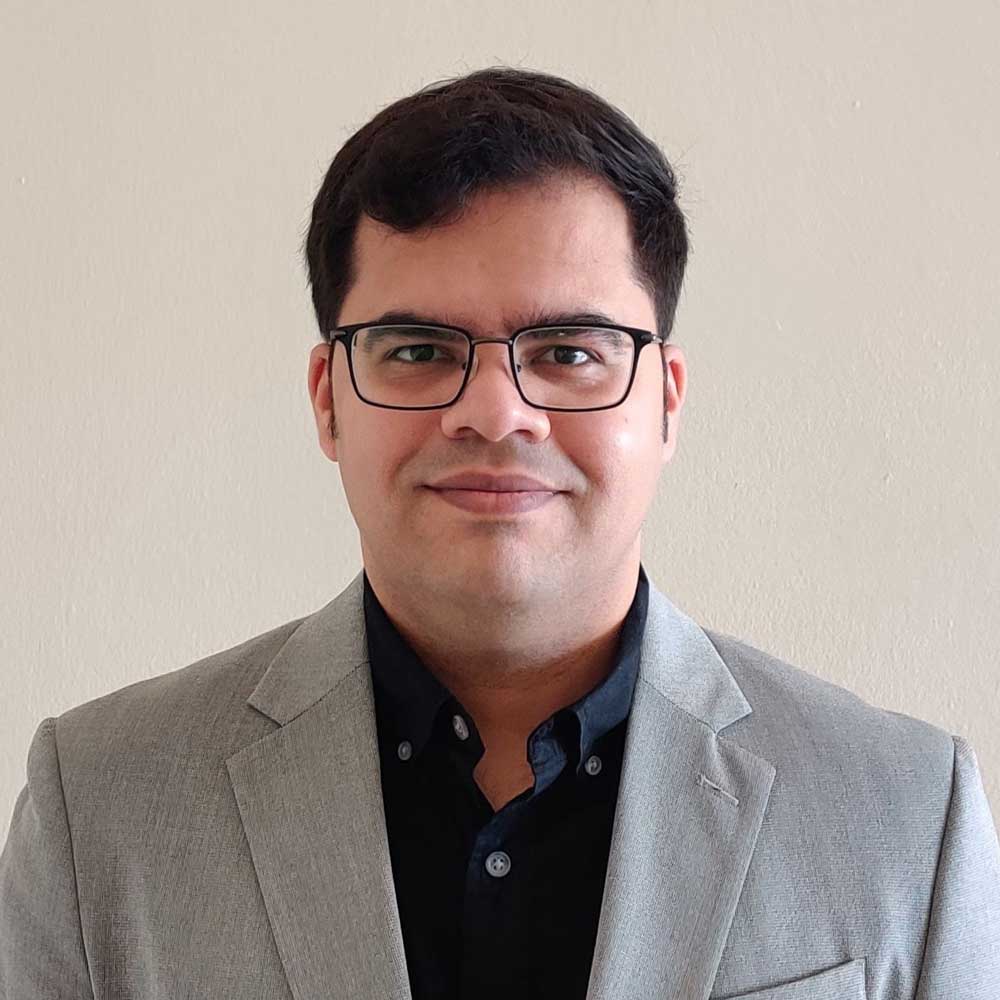Title: The Effects of Gravity on Flow Boiling Heat Transfer
Author: Caleb Hammer
Day/Time: Thursday, April 15th, 2021 | 10:00-11:30AM
Zoom Link: https://umd.zoom.us/j/91747518263
Committee Members:
Professor Jungho Kim, Chair
Professor Christopher Cadou, Dean’s Representative
Professor Kenneth Kiger
Professor Reinhard Radermacher
Professor Amir Riaz
Abstract: Flow boiling is a method of phase change heat transfer used widely in electronics cooling, refrigeration, air conditioning, and other areas where stable temperatures are needed. An area of interest is spaceflight systems, where efficient heat transfer is desired to minimize mass, power requirements, and cost. When compared to terrestrial gravity conditions, the heat transfer of flow boiling in microgravity typically depreciates. This depreciation has been documented across multiple experimental studies performed by teams using different fluids, tube geometries, and flow regimes over the past three decades. Though select experimental microgravity flow boiling heat transfer data are available in the literature, holistic results are sparse due to the cost and limited availability of microgravity research. The two-phase heat transfer mechanisms responsible for the depreciation are therefore not well known, and so heat transfer models for variable gravity flow boiling do not exist.
The goal of the proposed study is to develop models for flow boiling heat transfer through a tube as a function of gravity by identifying the effect of gravity on different heat transfer mechanisms. The scope of this proposal involves modeling three microgravity flow regimes (bubbly, slug, and annular flow) to serve as baseline predictions for flow boiling heat transfer without the influence of gravity. Additional gravity effects can be identified using partial and hyper-gravity data.
Experiments have been performed aboard parabolic flights and on the ground at various flow rates, heating rates, and inlet subcoolings in microgravity, hyper-gravity, Lunar gravity, Martian gravity, and terrestrial gravity. Results from the experiments showed that negligible slip velocity plays an important role in modeling flow boiling heat transfer. Simulations using modified single-phase models of an accelerating flow were performed which predicted microgravity flow boiling heat transfer well in the nucleate boiling regime.
Additional experiments concerning terrestrial gravity quenching heat transfer have been performed to address research gaps in microgravity cryogen chilldown studies. Quenching heat transfer coefficients were recorded in the nucleate boiling regime and compared with correlations. The correlations were able to predict heat transfer for room temperature fluids much more accurately than for cryogenic fluids. Scaling parameters must be tuned to match cryogen data to examine the large disparity between cryogenic quenching heat transfer data and correlations observed in the literature.

